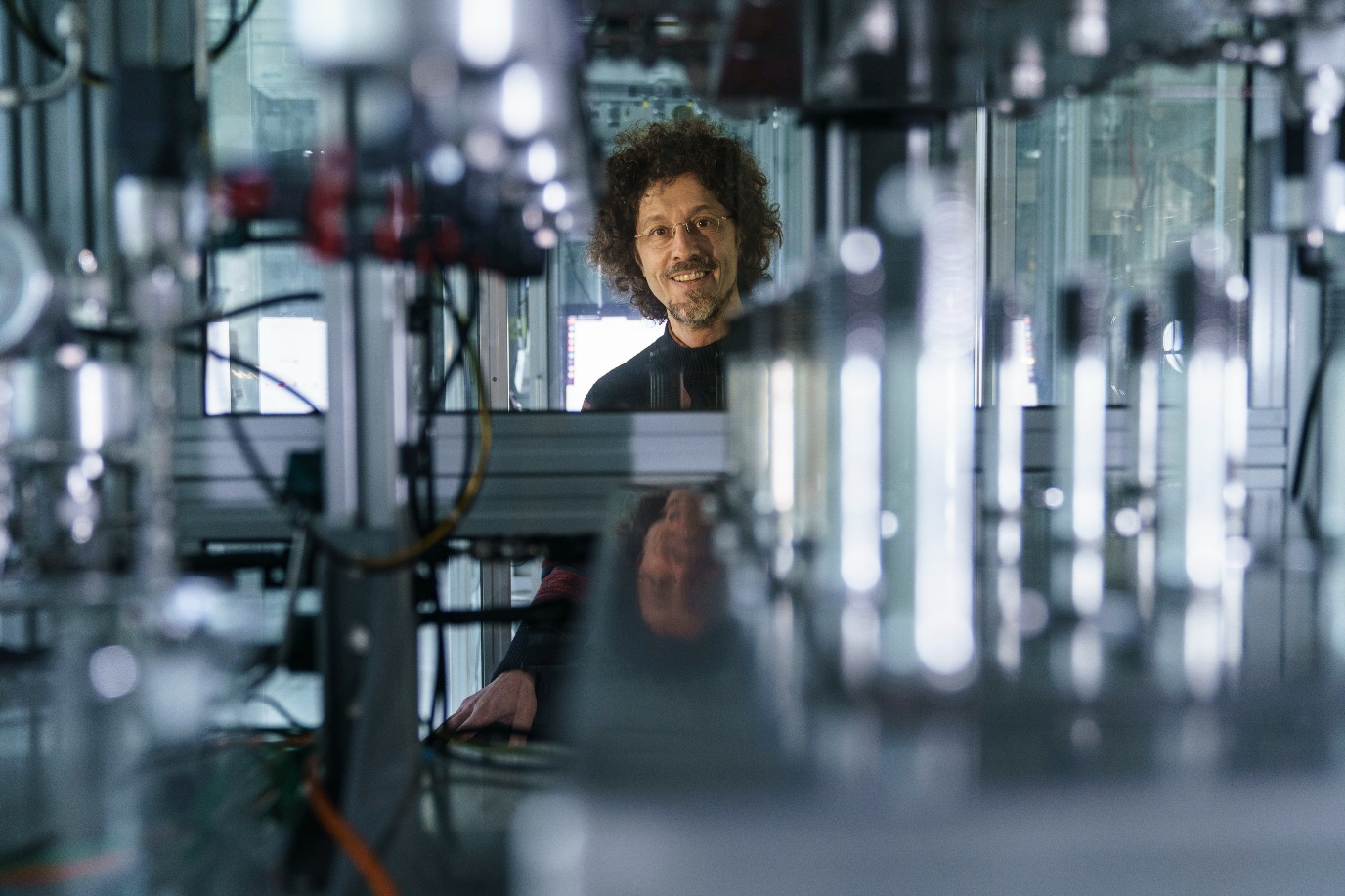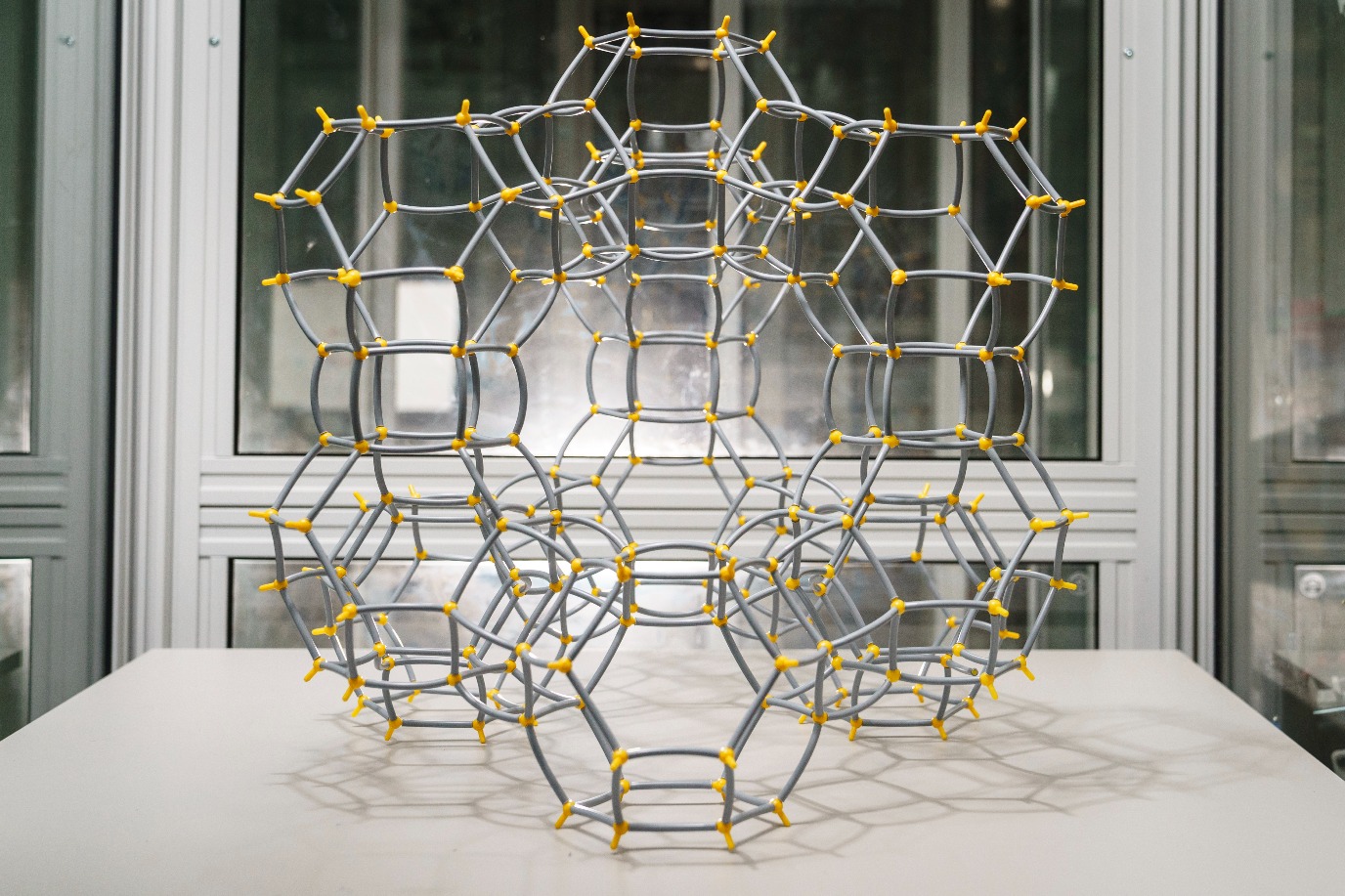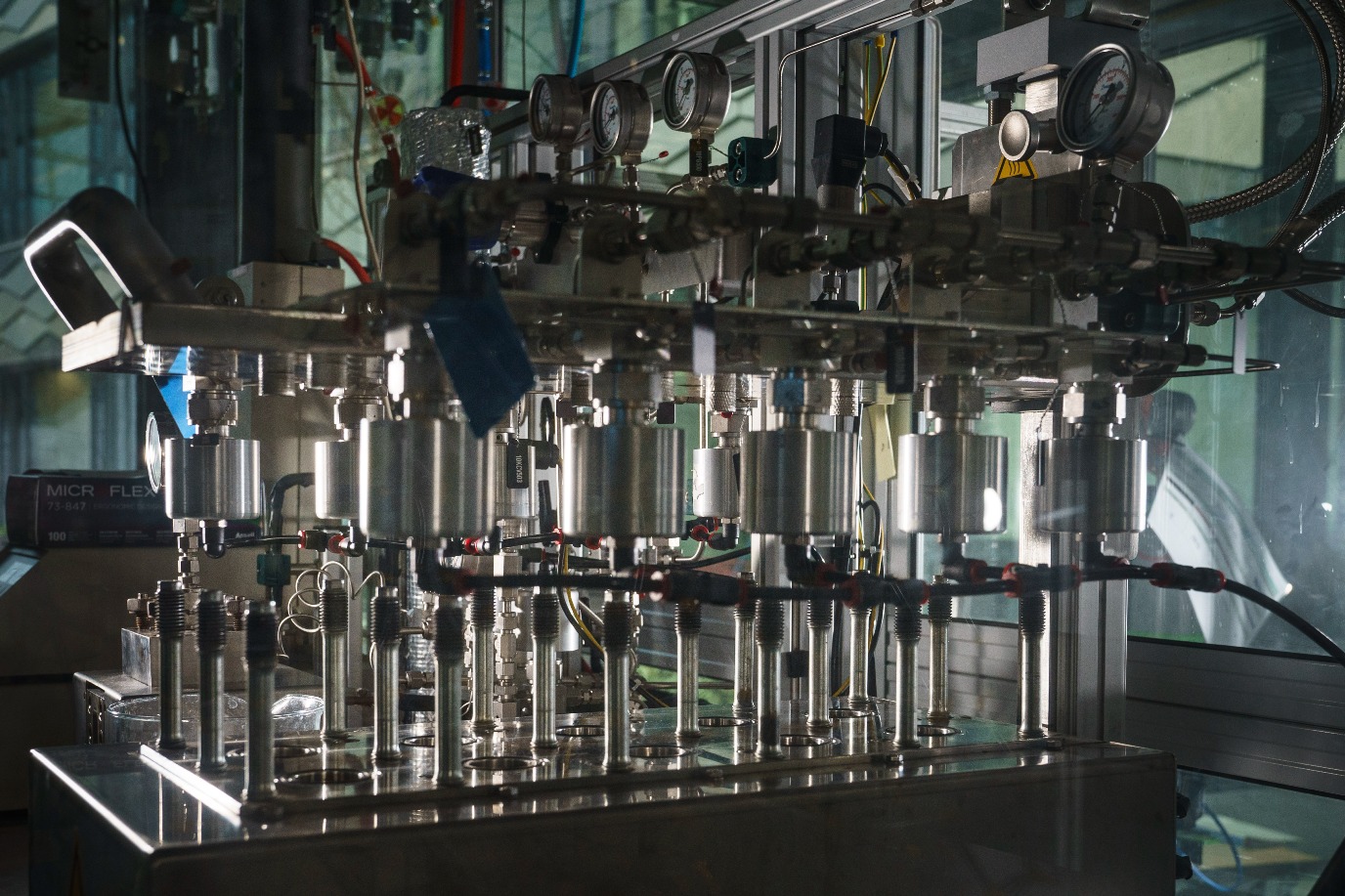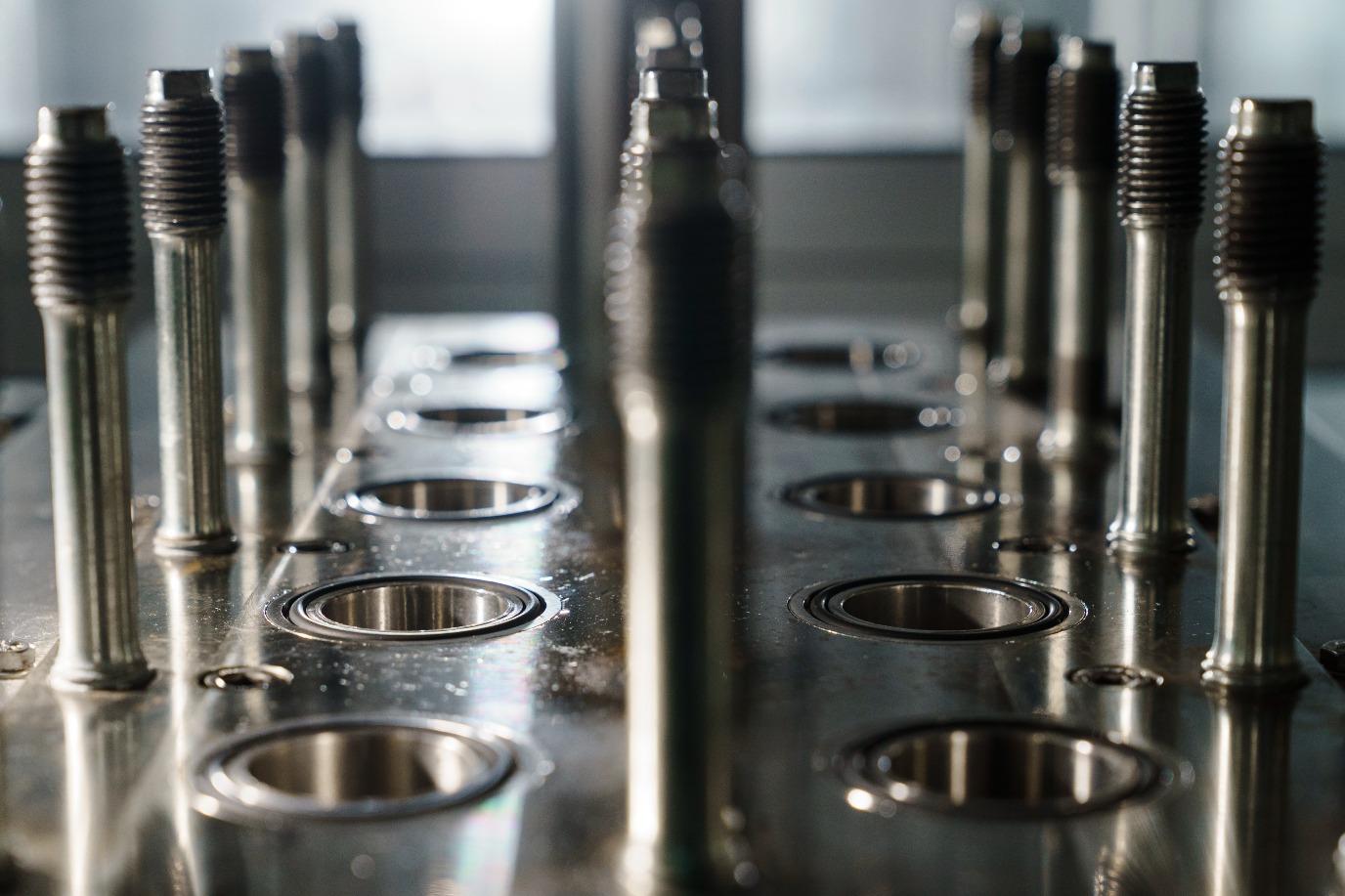Bringing chemicals together to speed up reactions
Catalysts are crucial for the chemical industry: they speed up chemical reactions and make them more energy-efficient, without being used up in the process. At the Engineering and Technology Institute Groningen (ENTEG), Paolo Pescarmona designs and builds catalysts, for example to turn carbon dioxide into polymers.




Chemistry is a bit like dating: for a chemical reaction to occur, the reactants need to meet each other. In addition, they should meet under conditions that favour the reaction. A catalyst is like a cosy café where partners can meet each other in the right atmosphere.
‘If we want to develop a catalyst, we have to create an environment where the reaction can take place,’ explains Pescarmona. One type of material his group uses is zeolite, a porous material which can be synthesized with several different architectures. The pores within the zeolites are the meeting place and in it, active sites can be created that stimulate the reaction — think of them as comfortable chairs and tables inside the café that help people to interact with each other.
The catalysts are tested in Pescarmona’s labs. He shows us rows of shining metal reactors in which they can test several catalysts at the same time. They may not look very romantic, but when it comes to making chemicals react, they do the job.
Pescarmona works on reactions that are relevant in the context of sustainability and have potential applications in the chemical industry. One example is the conversion of carbon dioxide into polymers — a sustainable way of making plastics. ‘We use our knowledge of chemical reactions and our creativity to make a new catalyst. Then we check if it does what we want it to do. And if it doesn’t, we try to find out why.’ A failed attempt also teaches us something about the reaction. ‘It’s a continuous learning process. To me, this is the beauty of doing research.’
Text: FSE Science Newsroom | René Fransen
Photos: Reyer Boxem
Every two weeks, UG Makers puts the spotlight on a researcher who has created something tangible, ranging from homemade measuring equipment for academic research to small or larger products that can change our daily lives. That is how UG researchers contribute to the solutions for big scientific and societal challenges.
For decades, engineering teaching and research at the UG has been part of a wide array of strong disciplines, and from a national point of view, our collaboration with the four technical universities is becoming more and more intensive.
Previous portraits of Makers can be found on the overview page .
More information
| Last modified: | 14 April 2025 1.37 p.m. |
More news
-
15 April 2025
1.5 million funding from Province of Groningen for innovative technology in the region
The University of Groningen will receive nearly 1.5 million euros in funding from the Province of Groningen to assist entrepreneurial academic researchers in developing innovative ideas into a startup.
-
15 April 2025
Nathalie Katsonis wins Ammodo Science Award 2025
For her pioneering research on molecular systems, Nathalie Katsonis receives the Ammodo Science Award for fundamental research 2025.
-
15 April 2025
Fundamental research with life-size effects
Nathalie Katsonis has won the Ammodo Science Award for Fundamental Research. She develops adaptive molecular materials and studies the chemical origins of life, which in turn yield insights for vaccines and clearing up oil spills at sea.
